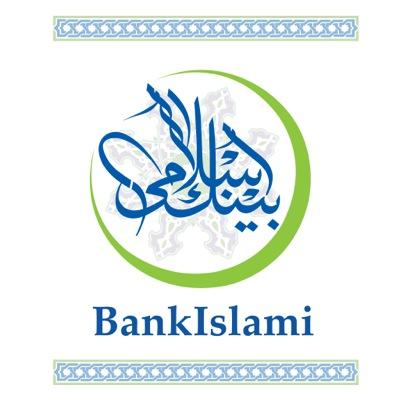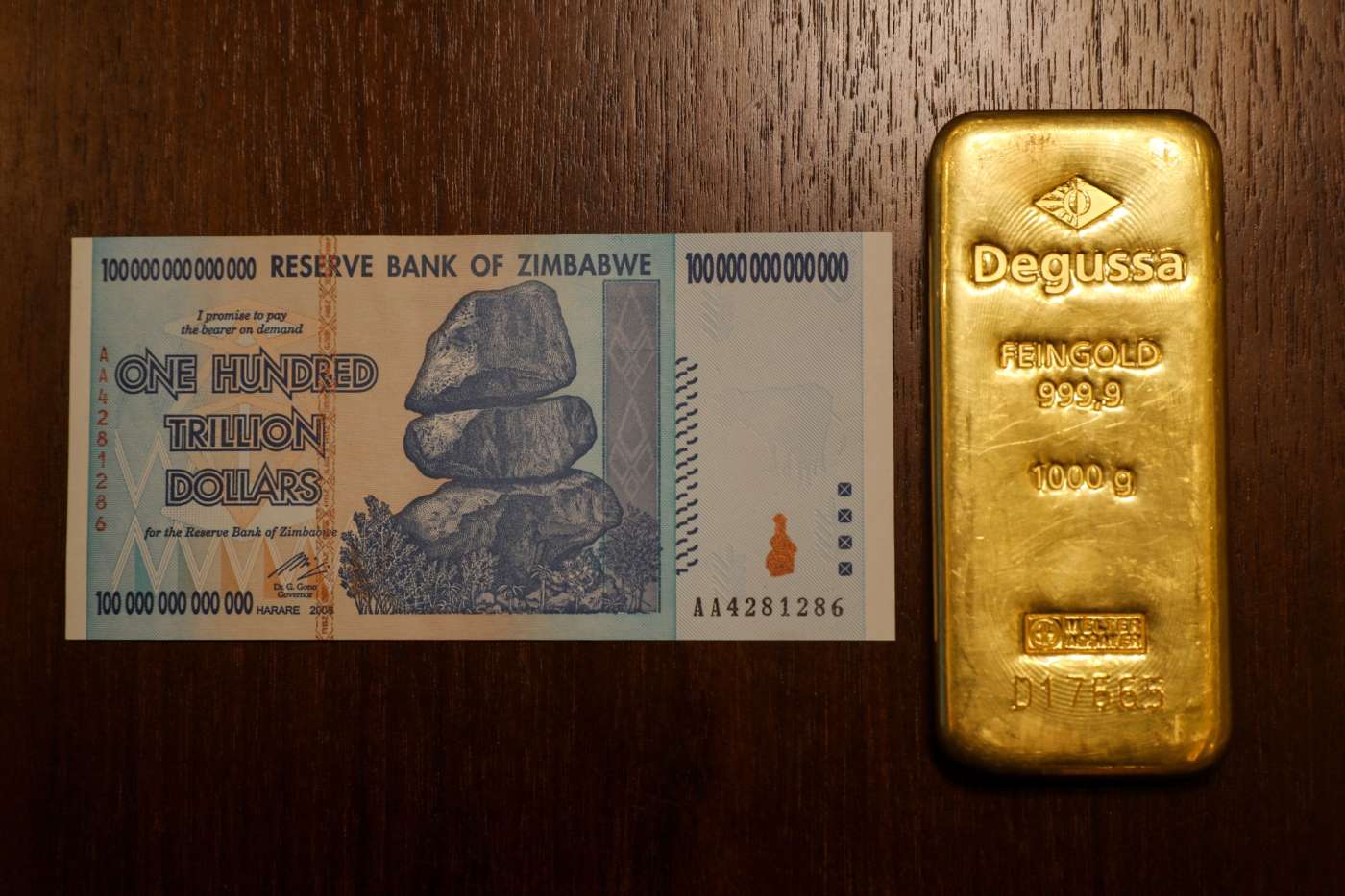March 16, 2021 (MLN): Judging by the outlook for the world economy amid greater U.S stimulus and higher inflation, emerging economies brace for a new era of rising interest rates.
According to Bloomberg Economics, after an unprecedented period of rate cuts to prop up economies shattered by Covid-19, Brazil's rates are expected to rise, and Nigeria and South Africa may soon follow suit.
Russia has stopped easing earlier than expected, and Indonesia may do the same.
Faster economic recovery amid the $1.9 trillion package, which amounts to more than 8% of the US GDP, could push up inflation and global bond yields while weighing on the currencies of developing nations as capital heads elsewhere.
The change in policy is likely to hurt economies that are still struggling to recover or whose debt burden has swelled during the pandemic. In addition, rising consumer prices, including food costs, will prompt the higher rates may exact the greatest toll on the world’s poorest, as per the Bloomberg report.
The chief economist at the World Bank, Carmen Reinhart said in an interview, “The food-price story and the inflation story are important on the issue of inequality, in terms of a shock that has very unequal effects.” Citing Turkey and Nigeria as countries at risk, he said, “What you may see are a series of rate hikes in emerging markets trying to deal with the effects of the currency slide and trying to limit the upside on inflation.”
The MSCI Emerging Market Index of currencies has declined by 0.5% in 2021 after an increase of 3.3% last year, putting investors on guard. The Bloomberg Commodity Index has jumped by 10%, with crude oil rebounding to its highest levels in almost two years.
Rate hikes in emerging markets are an issue due to pandemic-related borrowing. Total outstanding debt across the developing world rose to 250% of the countries’ combined gross domestic product last year as governments, companies and households raised $24 trillion globally to offset the fallout from the epidemic crisis, The biggest increases were in China, Turkey, South Korea and the United Arab Emirates, the report highlighted.
And it is unlikely that the debt burden will ease any time soon. The Organization for Economic Co-operation and Development (OECD) and the International Monetary Fund (IMF) are among those who have warned governments not to end the stimulus too soon. Moody's Investors Service says it is a dynamic that is here to stay.
Worryingly, vaccine rollout has been slower in emerging markets. Citigroup Inc. reckons such economies won’t form herd immunity until some point between the end of the third quarter of this year and the first half of 2022. Developed economies are seen doing so by the end of 2021.
Brazil will be the first to change course. Policymakers forecast that when they meet on Wednesday, they will raise the benchmark rate from 50% to 2.5%. Turkey's central bank, which has already begun raising rates to shore up the lira and tame inflation, convenes the following day with a 100-point move in the cards. On Friday, Russia could signal to tighten is imminent, the report added.
Nigeria and Argentina as per Bloomberg Economics could raise their rates in the second quarter. The market matrix shows that policy tightening expectations are also emerging in India, South Korea, Malaysia and Thailand.
Pakistan’s central bank is expected to announce Monetary policy for the next two months soon. It is prudent to highlight that the State Bank of Pakistan (SBP), in light of COVID-related uncertainties, has started to provide some forward guidance on monetary policy to facilitate policy predictability and decision-making by economic agents. Based on that experts believe SBP may not increase rates, however, headline inflation has risen from 5.65% in Jan’21 to 8.70% in Feb’21.
With the end of the higher base effect in Mar'21, the headline inflation is expected to move further North on the back of an increase in oil prices, the upcoming Ramadan season and hovering food prices. Moreover, with the vaccine rollout process gaining traction, and possibly paving the way for a faster economic recovery at some point in 2021, many businesses may take the opportunity to increase their prices. As the recovery becomes more durable and the economy returns to full capacity, the MPC expects any adjustments in the policy rate to be measured and gradual to achieve mildly positive real interest rates.
Copyright Mettis Link News
40216







